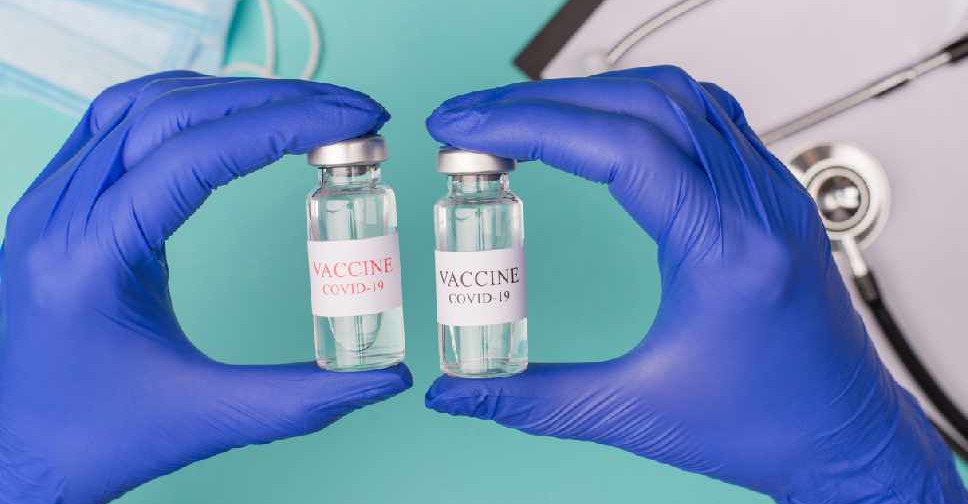
South Korea on Thursday said it will conduct a clinical trial that mixes COVID-19 vaccine doses developed by AstraZeneca Plc with those from Pfizer Inc and others.
The decision comes as a growing number of countries look into using different COVID-19 vaccines for first and second doses amid supply delays and safety concerns that have slowed their vaccination campaigns.
A health official said the trial will include around 500 military personnel who were vaccinated with a first dose of AstraZeneca's COVID-19 shot.
The study will examine T cells - immune cells that can destroy virus-infected cells - and neutralising antibodies in those who were given a combination of doses, the health official told reporters.
The timing and the size of the study has not been decided, the health official said, but will involve a diverse age group.
South Korea's vaccination campaign has been hampered by global shortages and shipment delays, deepening public scepticism over Seoul's goal of reaching herd immunity by November.
It has given first doses to just over 7 per cent of its 52 million population, the Korea Disease Control and Prevention Agency data showed on Thursday.
The country has reported 646 new confirmed cases of the coronavirus as of Wednesday, bringing total infections to 134,117, with 1,916 deaths.




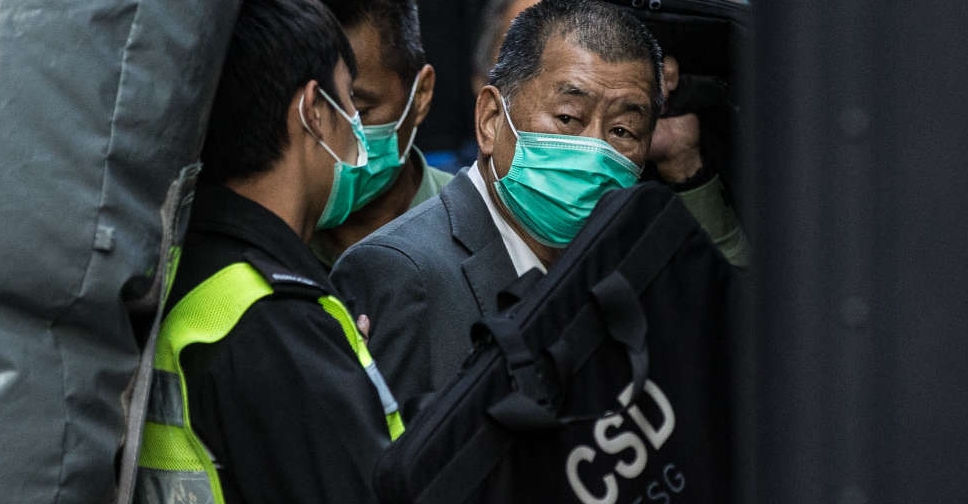 Hong Kong court finds tycoon Jimmy Lai guilty in landmark security trial
Hong Kong court finds tycoon Jimmy Lai guilty in landmark security trial
 Ukraine peace talks stretch into second day at start of pivotal week for Europe
Ukraine peace talks stretch into second day at start of pivotal week for Europe
 Flash floods kill at least 37 people in Morocco's Safi province
Flash floods kill at least 37 people in Morocco's Safi province
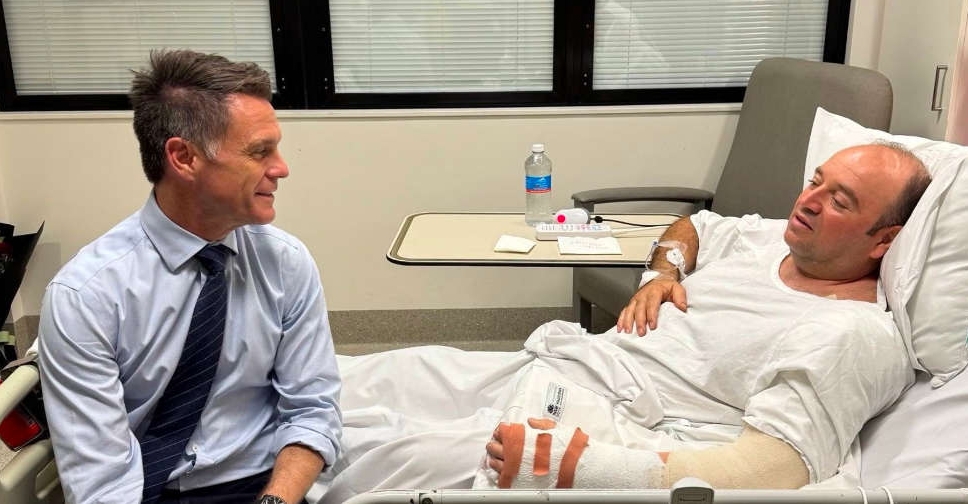 'Hero' who disarmed Bondi gunman recovering after surgery, family says
'Hero' who disarmed Bondi gunman recovering after surgery, family says
 School bus accident in Colombia kills 17, injures 20
School bus accident in Colombia kills 17, injures 20
 Australia plans tougher gun laws after father and son kill 15 at Bondi Beach
Australia plans tougher gun laws after father and son kill 15 at Bondi Beach
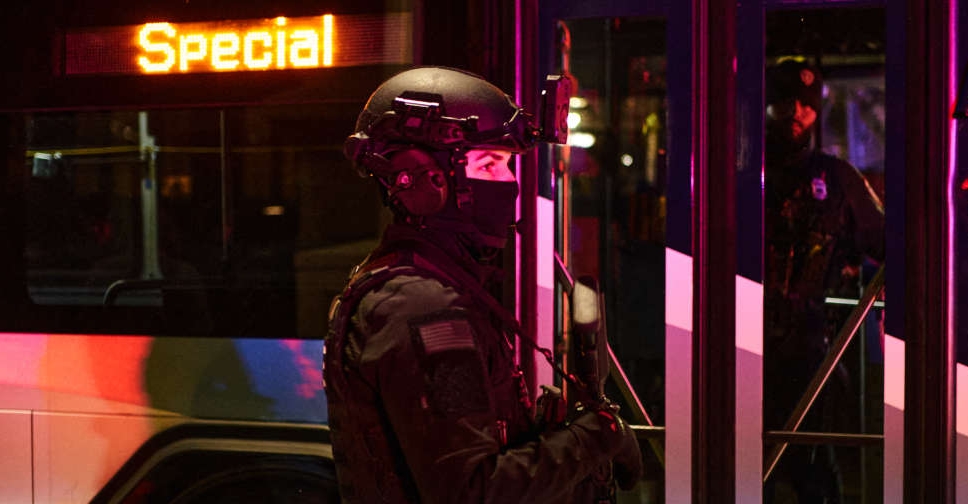 Police to release man detained over Brown University mass shooting
Police to release man detained over Brown University mass shooting
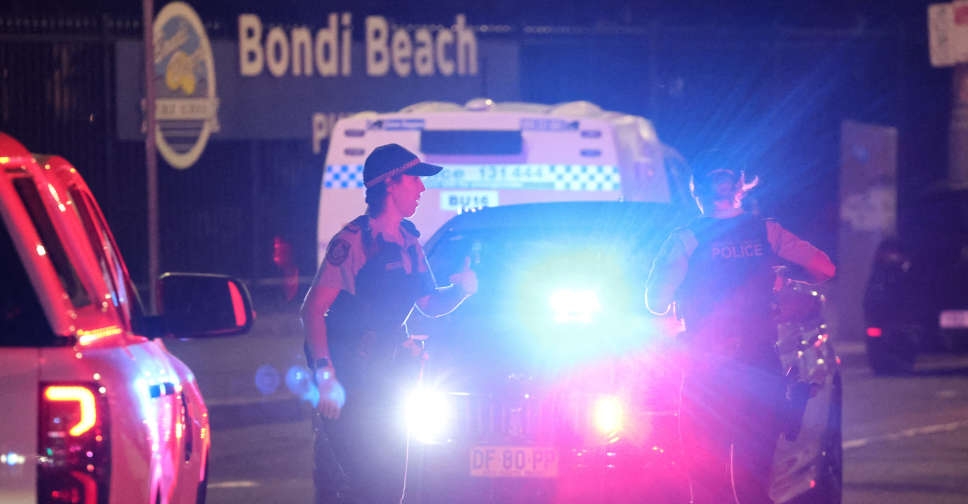 Shooting at Australia's Bondi Beach kills 12
Shooting at Australia's Bondi Beach kills 12




